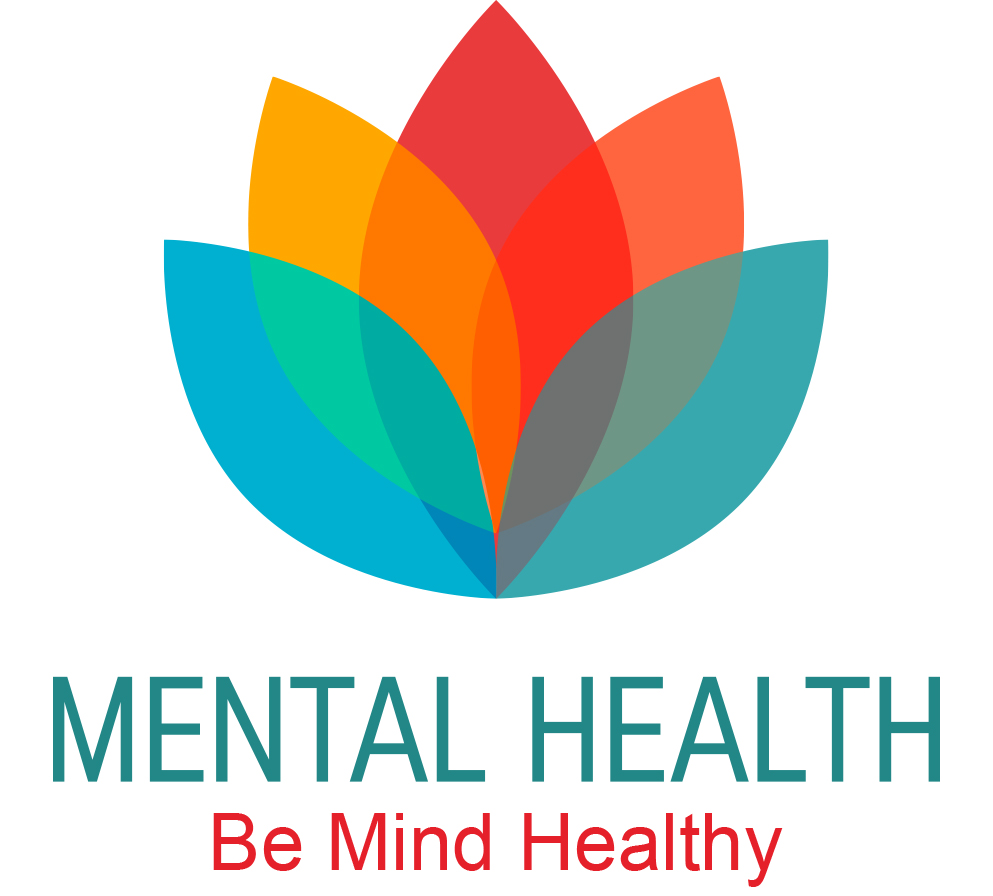


It’s just as important for an older person with symptoms of depression to seek treatment as it is for someone younger. The impact of depression on health in older adults can be severe: much research has reported that depression is associated with worse health in people with conditions like heart disease, diabetes, and stroke. Depression can complicate the treatment of these conditions, including making it more difficult for someone to care for him- or herself and to seek treatment when needed. In older adults, depression may be disregarded as frailty, or it may be viewed as an inevitable result of life changes, chronic illness, and disability. Recognizing the signs and seeing a health practitioner is the first step to getting treatment, which can make a real difference in someone’s quality of life.
Warning Signs
- Noticeable changes in mood, energy level, or appetite
- Feeling flat or having trouble feeling positive emotions
- Difficulty sleeping or sleeping too much
- Difficulty concentrating, feeling restless, or on edge
- Increased worry or feeling stressed
- Anger, irritability or aggressiveness
- Ongoing headaches, digestive issues, or pain
- A need for alcohol or drugs
- Sadness or hopelessness
- Suicidal thoughts
- Feeling flat or having trouble feeling positive emotions
- Engaging in high-risk activities
- Obsessive thinking or compulsive behavior
- Thoughts or behaviors that interfere with work, family, or social life
- Unusual thinking or behaviors that concern other people
Mental disorders can be treated: If you are unsure where to go for help, ask your family doctor or visit NIMH’s Help for Mental Illnesses webpage. Communicating well with your health care provider can improve your care and help you both make good choices about your health. Read about tips to help prepare and get the most out of your visit. For additional resources, including questions to ask your health care provider, visit the Agency for Healthcare Research and Quality.
Source: https://www.nimh.nih.gov
Health Topics and Resources
- Depression is Not a Normal Part of Growing Older: This Centers for Disease Control and Prevention webpage describes signs of depression and how depression can be different for older adults.
- Healthy Aging resources: This U.S. Department of Health and Human Services webpage lists links to health resources and services for older adults.
- National Institute of Aging (NIA): NIA offers health information on a variety of topics of relevance to older adults.
- Older Adult Mental Health: National Library of Medicine’s MedlinePlus offers resources on aging and mental health (en Español).
- Substance Abuse and Mental Health Services Administration (SAMHSA): SAMHSA offers publications for and about older adults.
- National Suicide Prevention Lifeline: The Lifeline provides 24-hour, toll-free, and confidential support to anyone in suicidal crisis or emotional distress. Call 1-800-273-TALK (8255) to connect with a skilled, trained counselor at a crisis center in your area. Support is available in English and Spanish and via live chat.
- Veterans Crisis Line: This helpline is a free, confidential resource for Veterans of all ages and circumstances. Call 1-800-273-8255, press "1"; text 838255; or chat online to connect with 24/7 support.
- Crisis Text Line: Text HELLO to 741741 for free and confidential support 24 hours a day throughout the U.S.
- Disaster Distress Hotline: People affected by any disaster or tragedy can call this helpline, sponsored by the Substance Abuse and Mental Health Services Administration, to receive immediate counseling. Call 1-800-985-5990 or text “TalkwithUs” to 66746, to connect with a trained professional from the closest crisis counseling center within the network.
- More NIH Information Lines
